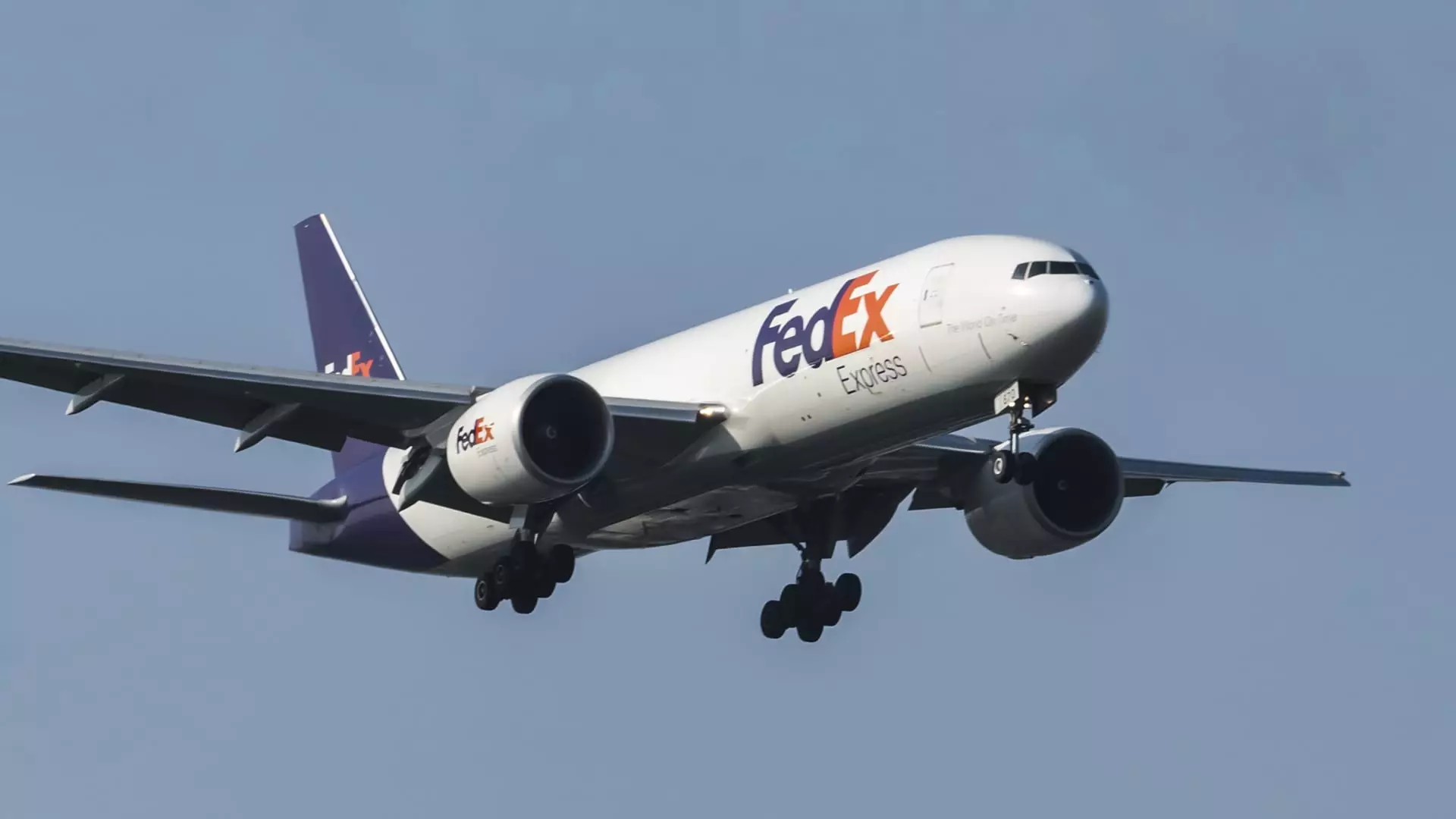FedEx, the renowned package delivery giant, experienced a significant drop in its shares, plummeting over 9% in after-hours trading on Tuesday. The company revised its revenue forecast due to weaker demand, which has impacted sales. This article delves into the reasons behind this decline, analyzes the company’s financial performance, and explores the potential implications for the future.
FedEx now expects a low-single-digit decline in revenue for the current fiscal year, deviating from its previous forecast, which anticipated flat sales year over year. LSEG reports that analysts predicted a revenue decrease of less than 1% in the same period. Notably, this is the second consecutive quarter in which FedEx has adjusted its sales outlook, indicating ongoing challenges for the company.
One of the primary factors contributing to FedEx’s lowered revenue forecast is the underperformance of its Express unit, which happens to be its largest division. The quarter saw reduced demand, additional surcharges, and a shift of customers towards cheaper services. These circumstances further intensified the hurdles faced by the company.
FedEx highlighted in a filing that it expects future revenue to face continued pressure due to volatile macroeconomic conditions. These uncertain economic factors will likely negatively affect customer demand across all of the company’s transportation companies. The impact of these conditions on FedEx’s revenue is a significant concern for the organization moving forward.
Despite the challenging revenue forecast, FedEx anticipates an improvement in operating income as a result of its ongoing cost-cutting plan. The company’s commitment to reducing costs is expected to mitigate the impact of declining revenue, allowing it to maintain a level of profitability amidst the current market conditions.
For the three-month period ending on November 30, FedEx reported net income of $900 million, or $3.55 per share. This marked a notable increase from the previous year’s figures of $788 million and $3.07 per share, respectively. However, after adjusting for certain items, the company’s earnings stood at $1.01 billion or $3.99 per share, slightly below analysts’ forecasts. Additionally, revenue experienced a 3% decline from the previous year, settling at $22.17 billion.
Despite the challenges faced by the company, FedEx CEO Raj Subramaniam expressed optimism about their progress. Subramaniam attributed the unprecedented two consecutive quarters of operating income growth and margin expansion to their cost-cutting initiatives. Nevertheless, he acknowledged the uncertain demand environment that FedEx navigates, emphasizing the organization’s ongoing transformation to adapt to changing market dynamics.
FedEx’s shares have taken a considerable hit due to a reduction in its revenue forecast, primarily caused by weaker demand. The challenges faced by its Express unit, alongside volatile macroeconomic conditions, have added to the company’s struggles. However, FedEx remains committed to improving its operating income through cost-cutting measures. As the company continues its transformation and adapts to the ever-changing market, it hopes to weather the storm and emerge stronger in the future.


Leave a Reply